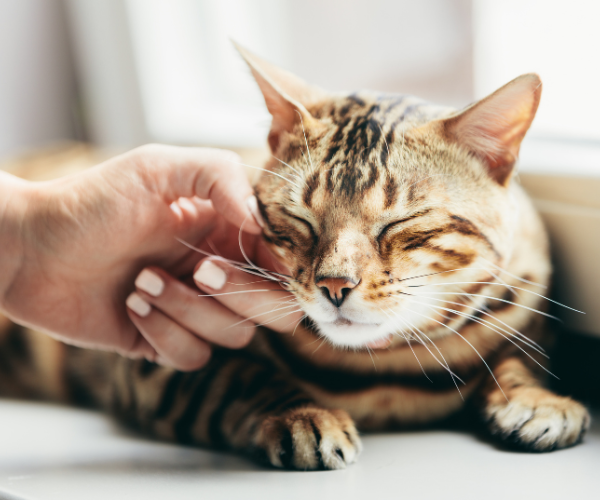Signs of Sickness in Cats
Cats are masters at hiding illness. If you notice these subtle signs, make an appointment with your veterinarian.
When your cat eliminates or urinates in inappropriate places, it may be tempting to think your cat is angry with you. Instead, seek professional advice on the cause because such behavior can signal an underlying medical condition.
Changes in Interaction
Cats are social animals; they enjoy interaction with their human family and often with other pets. Withdrawal or aggressive behavior may signal problems such as disease, fear, pain, or anxiety.
Changes in Activity
A decrease or increase in activity can indicate a medical condition. It’s important to understand that cats don’t usually slow down just because they are getting older.
Knowing your cat’s sleeping patterns is the key to differentiating abnormal lethargy from normal napping. If your cat is sleeping more than usual or has discomfort lying down and getting up, this may be a sign of underlying disease.
Changes in Food and Water Consumption
Contrary to popular belief, most cats are not “finicky” eaters. Look for changes, such as increased or decreased consumption and how the cat chews its food.
Unexplained Weight Loss or Gain
Some conditions can cause weight loss despite a good appetite. On the other hand, obesity is a serious health concern in cats and can lead to increased risks for other conditions.
Changes in Grooming
Typically, cats are fastidious groomers. A decrease in grooming behavior can indicate fear, anxiety, obesity, or other illnesses. An increase in grooming may be a sign of a skin problem.
Signs of Stress
Stressed cats tend to spend less time grooming and interacting and more time awake and scanning their environment. They may even withdraw and hide. Because stress can result from illness, it’s essential to find out what’s behind these changes in behavior.
Changes in Vocalization
An increase in vocalization or howling is more common in older cats and is often seen with conditions such as hyperthyroidism or high blood pressure. Many cats also vocalize more if they are in pain or anxious.
Bad Breath
One of the early indicators of a dental problem is bad breath. Regular home teeth brushing and veterinary dental care prevent bad breath, pain, tooth loss, and the spread of infection to other organs.

